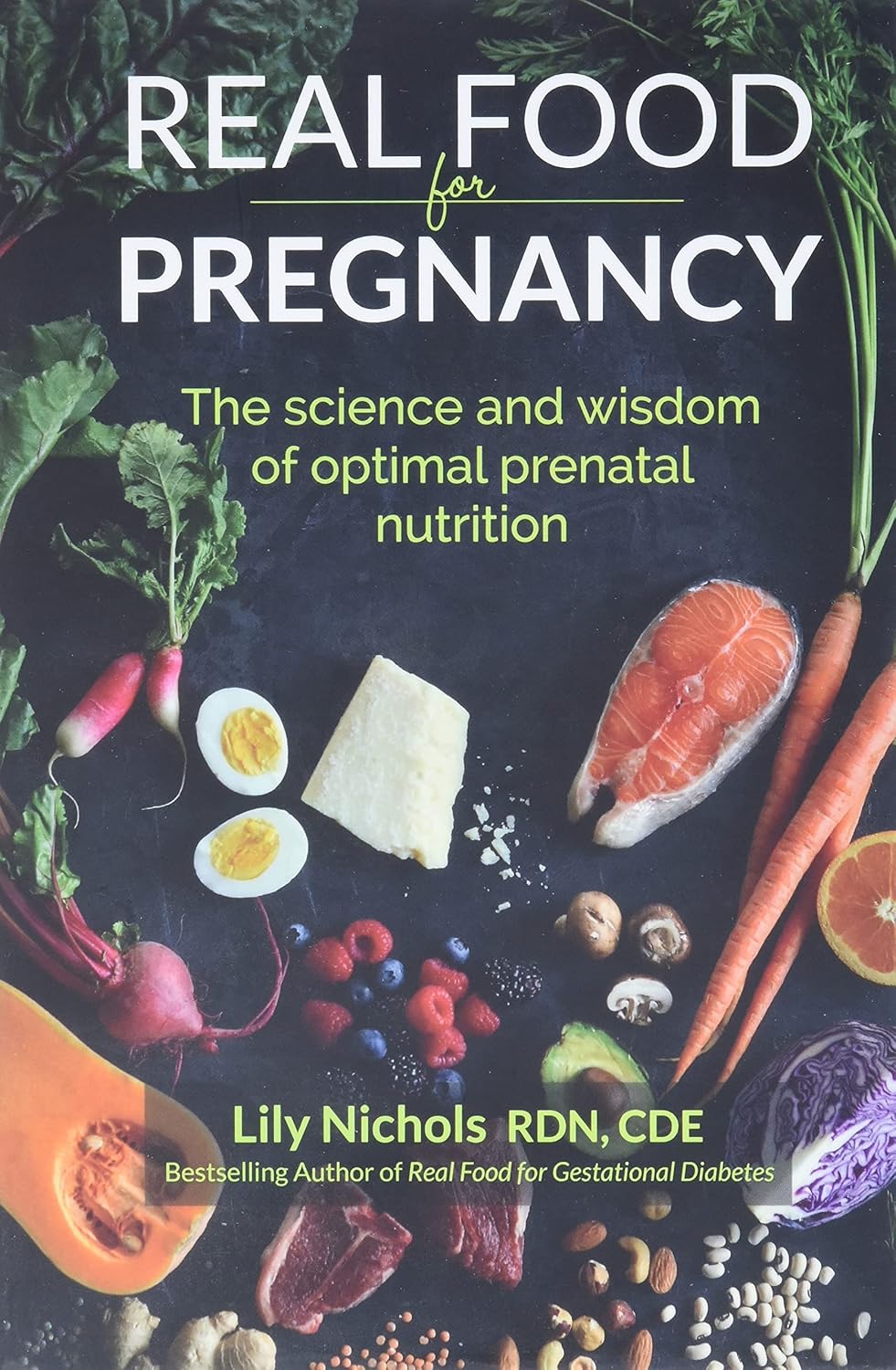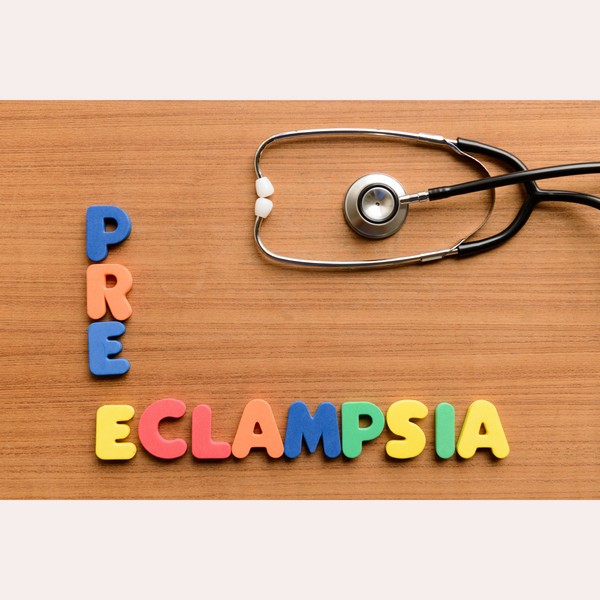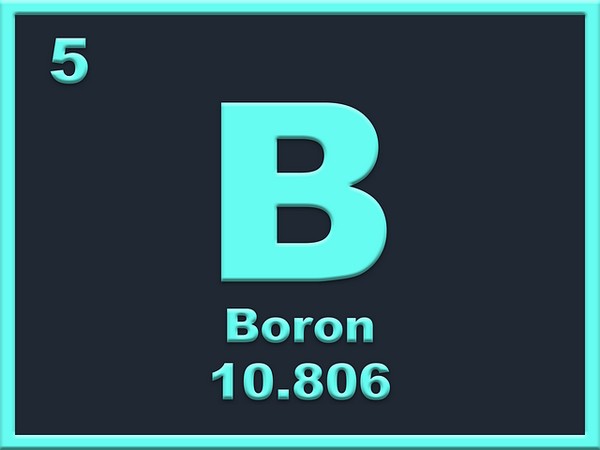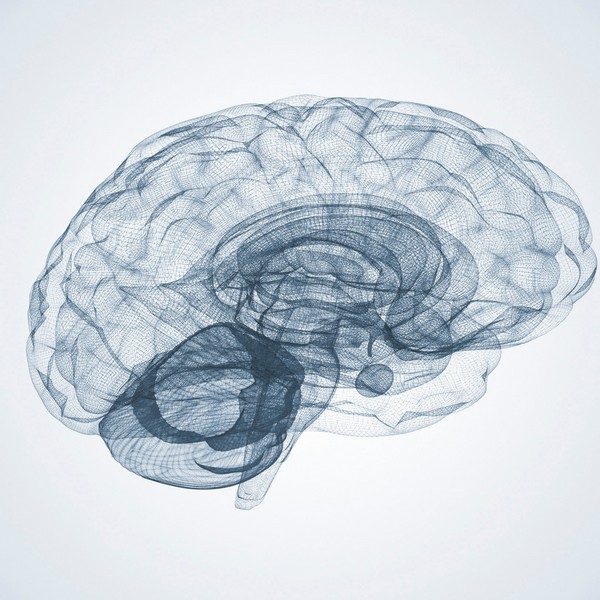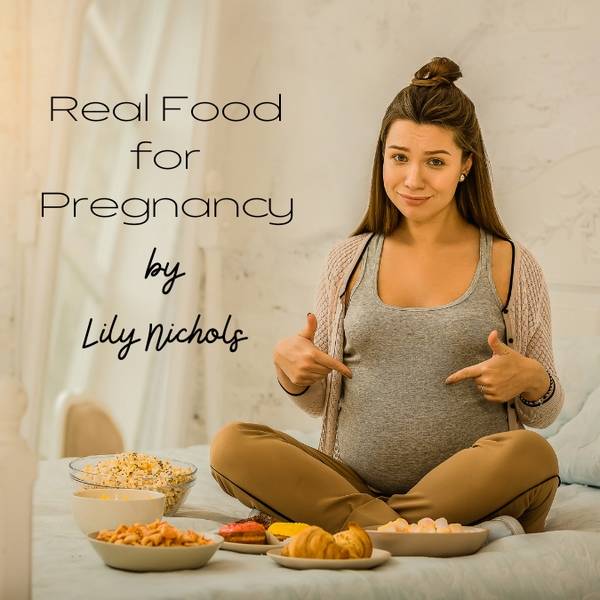Key Takeaways
- Eating wisely during pregnancy impacts maternal and fetal health.
- Prioritize foods with a high bioavailability of nutrients.
- Essential fatty acids support brain and eye development.
- Focus on nutrient-rich animal foods for optimal pregnancy health.
- Plant-based diets may cause nutrient deficiencies in pregnancy.
- Animal-based diets offer essential nutrients for pregnancy.
- Animal-based diets ensure better nutrient absorption.
Table of Contents
quote of the day #motherandchild #motherandbaby #maternallove #joyful #challenging #newexperience #newjourney #momchildconnection #momlove #motherlove #holisticnutritionist #blendawellness #fertilitynutritionist #pregnancynutritionist #pregnancynutrition #quote #QUOTEOFDAY pic.twitter.com/tpo8zJj8OH
— Blenda Chan (@blendachan__) May 11, 2024
Proper nutrition during pregnancy isn’t just about eating more—it’s about eating wisely. The foods you choose to consume while pregnant have profound effects on your health and the developmental trajectory of your baby.
However, there are numerous misconceptions about what constitutes a healthy diet during this critical time. No matter the type of diet, the unifying principle is real natural food is healthier than ultra-processed synthetic food-like products.
While mainstream advice often pushes for a predominantly plant-based diet of fruits and vegetables, evidence suggests that an animal-based diet might provide more of the essential nutrients needed during pregnancy.
This approach challenges the prevailing norms and offers a different perspective on optimal prenatal nutrition, focusing on the unmatched nutrient density of animal products.
The Importance of Essential Nutrients

Animal-based foods are unparalleled in their nutritional richness, particularly for expectant mothers. These foods provide a high concentration of essential nutrients like iron, vitamin B12, DHA, and zinc, which are important for fetal development and maternal health.
The bioavailability of these nutrients from animal sources is significantly higher compared to plant sources, meaning they are more readily absorbed and used by the body. This is particularly important during pregnancy, as the demand for these nutrients increases.
Animal fats play a critical role during this time. They provide essential fatty acids that are vital for the development of the baby’s brain and eyes, and help in the absorption of fat-soluble vitamins like A, D, E, and K, which are important for bone health and immune function.
Contrary to popular low-fat dietary advice, these fats are not only safe, but are crucial for the health of both mother and child.
Debunking Plant-Based Diet Myths
While plant-based diets are often touted for health benefits, they pose several challenges during pregnancy. Nutrients from plant sources tend to be less bioavailable, which means the body may struggle to absorb enough iron, zinc, and other minerals from plants.
This can lead to deficiencies that are not just detrimental to maternal health, but can also impact fetal development.
Common deficiencies observed in plant-based diets include vitamin B12, iron, and omega-3 fatty acids—all critical for healthy pregnancy outcomes.
These deficiencies can lead to increased risks of complications such as anemia, preterm labor, and impaired fetal brain development. The emphasis on high fiber in plant-based diets can also interfere with the absorption of essential nutrients, compounding these risks.
This underscores the need for a critical reevaluation of plant-based diets during pregnancy, advocating instead for a more nutrient-rich, animal-based approach.
Key Nutrients for Healthy Fetal Development
Animal-based foods are rich in a suite of nutrients that are essential for both fetal development and maternal health. Here’s a detailed look at some of these key nutrients:
- Retinol (Vitamin A): Retinol is vital for proper vision, immune function, and skin health. During pregnancy, it’s crucial for cellular growth, healthy fetal development, and the maintenance of core functions in the mother. Only found in animal foods like fatty fish, liver, butter and cod liver oil
- Copper: Copper is another essential nutrient found in organ meats, seafood, and dairy. It aids in forming red blood cells, helps maintain healthy bones, blood vessels, nerves, and immune function, and is crucial for the absorption and utilization of iron.
- Vitamin B12: Abundant in animal products like meat, eggs, and dairy, vitamin B12 is essential for the proper functioning of the nervous system and for brain development in the fetus. It also plays a critical role in the synthesis of DNA and in maintaining normal energy levels in the mother.
- Carnitine: Derived primarily from red meat and dairy products, carnitine is important for energy production. It transports fatty acids into the mitochondria where they are burned for energy. During pregnancy, carnitine levels are critical for supporting the increased energy needs and for the proper development of the fetus.
- Choline: Predominantly found in eggs, liver, and meat, choline is essential for normal brain development and supports the structural integrity of cell membranes. It also plays a significant role in the baby’s brain development and can reduce the risk of neural tube defects.
- DHA: A type of omega-3 fatty acid found predominantly in fatty fish like salmon and sardines, DHA is vital for the development of the fetal brain and retina. It contributes to the cognitive and visual development of the baby and supports the mother’s mental health during and after pregnancy.
- Iodine: Important for thyroid function, iodine is necessary for the production of thyroid hormones, which regulate metabolism. During pregnancy, iodine supports fetal brain development and regulates the mother’s metabolic processes.
- Taurine: Mostly found in meat and fish, taurine is considered a conditionally essential amino acid during pregnancy because it supports fetal central nervous system development, modulates the immune system, and has antioxidant properties. Taurine also aids in the digestion of fats and the absorption of fat-soluble vitamins.
These nutrients are not only essential for the health and development of the fetus but also help maintain the mother’s health, reducing the risk of complications during pregnancy and childbirth.
Vegan women run higher risk of developing pregnancy complications: study https://t.co/V1u0NZkZPX via @nypost
— Open Integrative (@openintegrative) June 2, 2024
This often-overlooked mineral deserves special mention. Magnesium is crucial during pregnancy as it supports muscle and nerve function, preventing common issues like leg cramps and preeclampsia.
It plays a key role in DNA synthesis and cell division, essential for fetal growth and development.
Adequate magnesium levels help regulate blood sugar and blood pressure, reducing the risk of complications.
This mineral is vital for bone development in the fetus and maintaining maternal bone health.
Overall, magnesium ensures a smoother pregnancy and contributes to a healthy birth outcome.
Is keto safe during pregnancy?
— Leafie.org (@Leafiehealth) October 13, 2023
Dr Deepa Mahananda @sydneylowcarb on #keto and #lowcarb nutrition during pregnancy. #lowcarbdownunder #lowcarbsydney #fertility #pregnancy pic.twitter.com/elZzfYHAW5
Pregnancy Concerns with Carbohydrates
During pregnancy, managing carbohydrate intake is recommended due to its direct impact on blood glucose levels and the potential risk of gestational diabetes. Here’s a closer look at why all carbohydrates are considered problematic during this time:

- Impact on Blood Glucose: Carbohydrates break down into glucose in the body, which can cause blood sugar levels to rise. During pregnancy, hormonal changes make managing blood sugar levels more challenging.
- High blood glucose levels can lead to gestational diabetes, which poses risks for both the mother and the baby, such as preterm labor, increased birth weight of the baby, and complications during delivery.
- Sugar and Starch Concerns: Simple carbohydrates, such as sugars and refined starches, are quickly absorbed into the bloodstream, leading to rapid spikes in blood sugar levels.
- These spikes can be problematic because they require the body to produce larger amounts of insulin to manage the increased glucose in the blood.
- Over time, this can put a strain on the body’s ability to regulate blood sugar effectively, increasing the risk of developing gestational diabetes.
- Long-term Effects: Consistently high blood sugar levels during pregnancy not only affect the health of the pregnancy but can also have long-term implications for both mother and child.
- For the mother, this can include a higher risk of developing type 2 diabetes post-pregnancy. For the child, early exposure to high glucose levels can increase their risk of future health problems, including obesity and type 2 diabetes.
In light of these concerns, it’s recommended to focus on a diet that minimizes high-glycemic carbohydrates and emphasizes foods that provide sustained energy release.
This approach not only helps manage blood sugar levels more effectively but also supports overall nutritional needs during pregnancy.
Practical Tips for Healthy Eating

Here are some practical suggestions for meals and snacks that emphasize animal products, along with tips for balancing these meals to ensure optimal nutrient density:
- Breakfast: Start your day with eggs cooked in butter or coconut oil, served with a side of bacon or sausage. Consider adding a small serving of smoked salmon or liver pate, and garnish with a few raw carrot sticks for crunch.
- Lunch: Prepare salads with a base of cooked chicken, turkey, or beef. Add hard-boiled eggs, cheese, and a dressing made from olive oil or full-fat yogurt. Sprinkle some chopped watercress or lettuce for a fresh, crisp texture.
- Dinner: Focus on fatty fish like salmon or mackerel, which are rich in omega-3 fatty acids. Pair these with a small portion of steamed cauliflower or a coleslaw made with shredded cabbage and a creamy, full-fat dressing.
- Snacks: Avoid snacking, but if you must, opt for Greek yogurt, cheese slices, or boiled eggs. Jerky or dried meats without added sugars are also excellent for on-the-go snacking. Include a few slices of raw carrots or cauliflower florets to add variety and fiber.
- Nutrient Density: Ensure each meal is balanced with adequate protein, healthy fats, and essential nutrients. This can be achieved by adding a variety of bioavailable foods, such as different types of meat, fish, eggs, and dairy, complemented with small servings of leafy green vegetables like cabbage and watercress.
- Low Plant Reliance: While plants are included, they serve as garnishes or small sides—such as fermented vegetables or a light salad dressed with animal fat-based dressings—ensuring the focus remains on nutrient-rich animal foods.
‘Real Food for Pregnancy,’ is a research-backed guide that transforms outdated dietary advice into practical, nutritious strategies for you and your baby’s health
Conclusion
Adopting an animal-based diet during pregnancy offers significant benefits, from providing high levels of essential nutrients that are important for fetal development to enhancing maternal health. By focusing on nutrient-dense foods and strategically choosing select vegetables, pregnant women can ensure they are meeting their nutritional needs effectively, thereby supporting both their health and the health of their baby. If you are currently pregnant or planning a pregnancy, consider adjusting your dietary approaches to emphasize these principles for optimal health outcomes.

Frequently Asked Questions
What are essential nutrients for a healthy pregnancy?
Essential nutrients include folic acid, iron, calcium, vitamin D, DHA (an omega-3 fatty acid), and protein. These nutrients support various aspects of fetal development, including brain, eye, and bone health, as well as preventing birth defects.
How do essential fatty acids benefit fetal development?
Essential fatty acids, particularly DHA, support the development of the baby’s brain and eyes. They are critical for neural development and visual acuity.
Is a plant-based diet safe during pregnancy?
A plant-based diet may lead to nutrient deficiencies, particularly in iron, vitamin B12, and omega-3 fatty acids, which are less bioavailable in plant sources. These deficiencies can affect fetal development and maternal health.
Complicated meticulous planning and research is vital to successfully obtain optimal nutrition from a plant-based diet. In addition to being expensive, it would require careful comprehensive supplementation.
What are the best foods to eat during pregnancy?
Key foods include eggs, fish, ruminant meats, dairy products, and liver. These foods are rich in essential nutrients that support pregnancy health and fetal development.
Can carbohydrates affect pregnancy health?
Carbohydrates are an important energy source, but it’s important to choose complex carbohydrates like whole grains, vegetables, and legumes. Avoiding excessive refined sugars and processed foods can help maintain healthy blood sugar levels.
What role does magnesium play in pregnancy?
Magnesium supports muscle and nerve function, regulates blood sugar levels, and is important for bone development. It’s essential for preventing preterm labor and preeclampsia.
What are practical tips for healthy eating during pregnancy?
Focus on a balanced diet with a variety of nutrient-dense foods. Prioritize whole, unprocessed foods, including lean proteins, healthy fats, and a mix of fruits and vegetables. Stay hydrated, eat regular meals, and consult with a healthcare provider for personalized advice.
Is the carnivore/keto diet safe for pregnant women?
Most ultra-processed junk foods are plant-based by default. Combined with the extensive evidence showing the harmful effects of high carbohydrate intake on fetal development and birth outcomes, it becomes clear that a different dietary approach may be more beneficial than what is commonly recommended.
Animal-based diets provide nutrients in forms that are more easily absorbed by the body, such as real, actually fully formed Vitamin A (Retinol), heme iron and vitamin B12. These nutrients are vital for preventing anemia and supporting overall pregnancy health.
Is it necessary to avoid all processed foods during pregnancy?
It’s best to limit ultra-processed foods, which are often high in sugars, unhealthy fats, and additives. Instead, focus on real, natural foods to ensure you and your baby get the best possible nutrition.
Research
Abel, M. H., et al.. “Insufficient maternal iodine intake is associated with subfecundity, reduced foetal growth, and adverse pregnancy outcomes in the Norwegian Mother, Father and Child Cohort Study”. BMC Medicine, vol. 18, no. 1, BMC Medicine, 2020.
Afkhami-Ardekani, M. and Rashidi, M., 2009. Iron status in women with and without gestational diabetes mellitus. Journal of Diabetes and its Complications, [online] 23(3), pp.194–198.
https://doi.org/10.1016/j.jdiacomp.2007.11.006.
Aigner, E., 2014. Dysregulation of iron and copper homeostasis in nonalcoholic fatty liver. World Journal of Hepatology, [online] 7(2), p.177. https://doi.org/10.4254/wjh.v7.i2.177.
Aparicio, E., Jardí, C., Bedmar, C., Pallejà, M., Basora, J., & Arija, V. Nutrient Intake during Pregnancy and Post-Partum: ECLIPSES Study. Nutrients, 12(5), 1325. https://doi.org/10.3390/nu12051325.
Avnon, T., Paz Dubinsky, E., Lavie, I., Anbar, R., & Yogev, Y. (2021). The impact of a vegan diet on pregnancy outcomes. Journal of Perinatology, 41(5), 1129-1133. https://doi.org/10.1038/s41372-020-00804-x.
Bailey HD, Miller M, Langridge A, de Klerk NH, van Bockxmeer FM, Attia J, Scott RJ, Armstrong BK, Milne E. Maternal dietary intake of folate and vitamins B6 and B12 during pregnancy and the risk of childhood acute lymphoblastic leukemia. Nutr Cancer 2012; 64: 1122–1130.
Baatenburg de Jong R, Bekhof J, Roorda R, Zwart P. Severe nutritional vitamin deficiency in a breast-fed infant of a vegan mother. Eur J Pedia 2005; 164: 259–260.
Bahnfleth, Charlotte L et al. “Prenatal choline supplementation improves child sustained attention: A 7-year follow-up of a randomized controlled feeding trial.” FASEB journal : official publication of the Federation of American Societies for Experimental Biology vol. 36,1 (2022): e22054. doi:10.1096/fj.202101217R
Banta, J.E., Lee, J.W., Hodgkin, G., Yi, Z., Fanica, A. and Sabate, J., 2018. The Global Influence of the Seventh-Day Adventist Church on Diet. Religions, [online] 9(9), p.251.
https://doi.org/10.3390/rel9090251.
Beal, Ty, and Flaminia Ortenzi. “Priority Micronutrient Density in Foods.” Frontiers in nutrition vol. 9 806566. 7 Mar. 2022, doi:10.3389/fnut.2022.806566
Dickinson, H., Ellery, S., Ireland, Z., LaRosa, D., Snow, R. and Walker, D.W., 2014. Creatine supplementation during pregnancy: summary of experimental studies suggesting a treatment to improve fetal and neonatal morbidity and reduce mortality in high-risk human pregnancy. BMC Pregnancy and Childbirth, [online] 14(1). https://doi.org/10.1186/1471-2393-14-150.
Doguer C, Ha JH, Collins JF. Intersection of Iron and Copper Metabolism in the Mammalian Intestine and Liver. Compr Physiol. 2018 Sep 14;8(4):1433-1461. doi: 10.1002/cphy.c170045. PMID: 30215866; PMCID: PMC6460475.
E.O. Ojofeitimi, P.O. Ogunjuyigbe, R.A. Sanusi, E.O. Orji, A. Akinlo, S.A. Liasu and O.O. Owolabi, 2008. Poor Dietary Intake of Energy and Retinol among Pregnant Women: Implications for Pregnancy Outcome in Southwest Nigeria. Pakistan Journal of Nutrition, 7: 480-484.
Fawcett WJ, Haxby EJ, Male DA. Magnesium: physiology and pharmacology. Br J Anaesth. 1999 Aug;83(2):302-20. PMID: 10618948. doi: 10.1093/bja/83.2.302.
Ferrara, P., Sandullo, F., Di Ruscio, F., Franceschini, G., Peronti, B., Blasi, V., … Ruggiero, A. (2020). The impact of lacto-ovo-/lacto-vegetarian and vegan diets during pregnancy on the birth anthropometric parameters of the newborn. The Journal of Maternal-Fetal & Neonatal Medicine, 33(23), 3900–3906. https://doi.org/10.1080/14767058.2019.1590330.
Fox PL. The copper-iron chronicles: the story of an intimate relationship. Biometals. 2003 Mar;16(1):9-40. doi: 10.1023/a:1020799512190. PMID: 12572662.
Fraser ST, Midwinter RG, Berger BS, Stocker R. Heme Oxygenase-1: A Critical Link between Iron Metabolism, Erythropoiesis, and Development. Adv Hematol. 2011;2011:473709. doi: 10.1155/2011/473709. Epub 2011 Nov 20. PMID: 22162689; PMCID: PMC3226344.
Gernand, A. D., Schulze, K. J., Stewart, C. P., West, K. P., & Christian, P. (2016). Micronutrient deficiencies in pregnancy worldwide: Health effects and prevention. Nature Reviews Endocrinology, 12(5), 274-289. https://doi.org/10.1038/nrendo.2016.37.
Green R, Miller JW. Vitamin B12 deficiency is the dominant nutritional cause of hyperhomocysteinemia in a folic acid-fortified population. Clin Chem Lab Med 2005; 43: 1048–1051.
Institute of Medicine. Dietary reference intakes for thiamin, riboflavin, niacin, vitamin B6, folate, vitamin B12, pantothenic acid, biotin, and choline. https://www.ncbi.nlm.nih.gov/books/NBK114310/.
James MFM, Huddle KR, Owen AD, van der Veen BW. Use of magnesium sulphate in the anaesthetic management of phaeochromocytoma in pregnancy. Can J Anaesth 1988: 35: 178–82.
Johnson WT, DeMars LC. Increased heme oxygenase-1 expression during copper deficiency in rats results from increased mitochondrial generation of hydrogen peroxide. J Nutr. 2004 Jun;134(6):1328-33. doi: 10.1093/jn/134.6.1328. PMID: 15173392.
Jouanne, M., Oddoux, S., Noël, A., & Sophie, A. Nutrient Requirements during Pregnancy and Lactation. Nutrients, 13(2), 692. https://doi.org/10.3390/nu13020692.
Jung, Y.-M. and Choi, M.-J., 2019. Relation of Taurine Intake During Pregnancy and Newborns’ Growth. Taurine 11, [online] pp.283–292. https://doi.org/10.1007/978-981-13-8023-5_27.
Kæstel, P., Martinussen, T., Aaby, P., Michaelsen, K. F., & Friis, H. (2012). Serum Retinol Is Associated with Stage of Pregnancy and the Acute Phase Response in Pregnant Women in Guinea-Bissau. The Journal of Nutrition, 142(5), 942-947. https://doi.org/10.3945/jn.111.155937.
Kesary, Y., Avital, K. & Hiersch, L. Maternal plant-based diet during gestation and pregnancy outcomes. Arch Gynecol Obstet 302, 887–898 (2020). https://doi.org/10.1007/s00404-020-05689-x.
Keyer K, Imlay JA. Inactivation of dehydratase [4Fe-4S] clusters and disruption of iron homeostasis upon cell exposure to peroxynitrite. J Biol Chem. 1997 Oct 31;272(44):27652-9. doi: 10.1074/jbc.272.44.27652. PMID: 9346904.
Koebnick C, Hoffmann I, Dagnelie PC, Heins UA, Wickramasinghe SN, Ratnayaka ID et al. Long-term ovo-lacto vegetarian diet impairs vitamin B-12 status in pregnant women. J Nutr 2004; 134: 3319–3326.
Liu, P. J., Liu, Y., Ma, L., Liu, L., Hu, T., An, Z., Yao, A. M., & Xia, L. Y. (2021). The relationship between plasma taurine levels in early pregnancy and later gestational diabetes mellitus risk in Chinese pregnant women. Scientific Reports, 11(1), 1-9. https://doi.org/10.1038/s41598-021-87178-y.
Miedziaszczyk, M., Ciabach, P., Grześkowiak, E. and Szałek, E., 2021. The Safety of a Vegan Diet During Pregnancy. Postępy Higieny i Medycyny Doświadczalnej, [online] 75(1), pp.417–425. https://doi.org/10.5604/01.3001.0014.9343.
Muccini, A.M., Tran, N.T., de Guingand, D.L., Philip, M., Della Gatta, P.A., Galinsky, R., Sherman, L.S., Kelleher, M.A., Palmer, K.R., Berry, M.J., Walker, D.W., Snow, R.J. and Ellery, S.J., 2021. Creatine Metabolism in Female Reproduction, Pregnancy and Newborn Health. Nutrients, [online] 13(2), p.490. https://doi.org/10.3390/nu13020490.
Pawlak R, Parrott SJ, Raj S, Cullum-Dugan D, Lucus D. How prevalent is vitamin B12 among vegetarians? Nutr Rev 2013; 71: 110–117.
Ramakrishnan, U., Manjrekar, R., Rivera, J., Gonzáles-Cossío, T., & Martorell, R. (1999). Micronutrients and pregnancy outcome: A review of the literature. Nutrition Research, 19(1), 103-159. https://doi.org/10.1016/S0271-5317(98)00178-X.
Sah SK, Sunuwar DR, Baral JR, Singh DR, Chaudhary NK, Gurung G. Maternal hemoglobin and risk of low birth weight: A hospital-based cross-sectional study in Nepal. Heliyon. 2022 Dec 9;8(12):e12174. doi: 10.1016/j.heliyon.2022.e12174. PMID: 36578405; PMCID: PMC9791333.
Sapin, V., Alexandre, M. C., Chaïb, S., Bournazeau, J. A., Sauvant, P., Borel, P., Jacquetin, B., Grolier, P., Lémery, D., Dastugue, B., & Azaïs-Braesco, V. (2000). Effect of vitamin A status at the end of term pregnancy on the saturation of retinol binding protein with retinol. The American Journal of Clinical Nutrition, 71(2), 537-543. https://doi.org/10.1093/ajcn/71.2.537.
Smith, Emily R et al. “Limited data exist to inform our basic understanding of micronutrient requirements in pregnancy.” Science advances vol. 7,43 (2021): eabj8016. doi:10.1126/sciadv.abj8016
Specker BL. Nutritional concerns of lactating women consuming vegetarian diets. Am J Clin Nutr. 1994 May;59(5 Suppl):1182S-1186S. PMID: 8172121.
doi: 10.1093/ajcn/59.5.1182S.
Specker BL, Miller D, Norman EJ, Greene H, Hayes KC. Increased urinary methylmalonic acid excretion in breast-fed infants of vegetarian mothers and identification of an acceptable dietary source of vitamin B-12. Am J Clin Nutr 1988; 47: 89–92.
Steer P, Alam MA, Wadsworth J, Welch A. Relation between maternal haemoglobin concentration and birth weight in different ethnic groups. BMJ. 1995 Feb 25;310(6978):489-91. doi: 10.1136/bmj.310.6978.489. PMID: 7888886; PMCID: PMC2548871.
Stene, L.C., Ulriksen, J., Magnus, P. and Joner, G., 2000. Use of cod liver oil during pregnancy associated with lower risk of Type I diabetes in the offspring. Diabetologia, 43, pp.1093-1098.
Tan, C., Zhao, Y., & Wang, S. (2019). Is a vegetarian diet safe to follow during pregnancy? A systematic review and meta-analysis of observational studies. Critical Reviews in Food Science and Nutrition, 59(16), 2586–2596. https://doi.org/10.1080/10408398.2018.1461062.
United States Department of Agriculture. USDA Food Composition Databases.
https://ndb.nal.usda.gov/ndb/
Villalpando S. Discussion: effects of folate and vitamin B12 deficiencies during pregnancy on fetal, infant, and child development. Food Nutr Bull 2008; 29 (Supplement), S112–S115.
Williamson, C. S. (2006). Nutrition in pregnancy. Nutrition Bulletin, 31(1), 28-59. https://doi.org/10.1111/j.1467-3010.2006.00541.x.
World Health Organization International Collaborative Study of Hypertensive Disorders of Pregnancy. Geographic variation in the incidence of hypertension in pregnancy. Am J Obstet Gynecol 1988; 158: 80–3.
Birth Plan Guide: Planning Your Birth Experience
Key Takeaways A birth plan outlines your preferences for labor, delivery, and postpartum care. It helps communicate your wishes to your healthcare team. Flexibility is…
Postpartum Recovery: What Happens After Childbirth
Key Takeaways Postpartum recovery can take weeks or months depending on the type of birth. Physical recovery includes managing pain, bleeding, and any tearing or…
Pre-Eclampsia: Causes, Symptoms, and Treatment
Key Takeaways Pre-eclampsia involves high blood pressure and organ damage after 20 weeks of pregnancy. Early diagnosis through regular prenatal care is vital for managing…
Gestational Diabetes Management: Expert Tips for Success
Key Highlights Gestational diabetes, marked by glucose intolerance during pregnancy, requires careful blood sugar control. A healthy pregnancy with gestational diabetes includes regular exercise, a…
Breast Milk or Formula: Which Is Healthier for Your Baby?
Key Highlights Breast milk is ideal for infants, offering essential nutrients, cognitive development support, and immune strengthening. Breastfeeding benefits both baby and mother, reducing the…
Natural Childbirth: Pain Management & Breathing
Key Takeaways Natural childbirth focuses on managing labor without medical interventions. Breathing techniques help alleviate pain and keep the body relaxed. Movement, positioning, and hydrotherapy…
Childbirth Preparation: Steps for a Smooth Delivery
Key Takeaways Having a solid support system can ease the physical and emotional challenges of labor. Proper nutrition and regular exercise prepare your body for…
9 Vital Travel Tips for Pregnant Women
Key Takeaways Consult Your Doctor: Always discuss travel plans with your healthcare provider to ensure safety throughout your pregnancy. Pack Smart: Essential items for pregnant…
